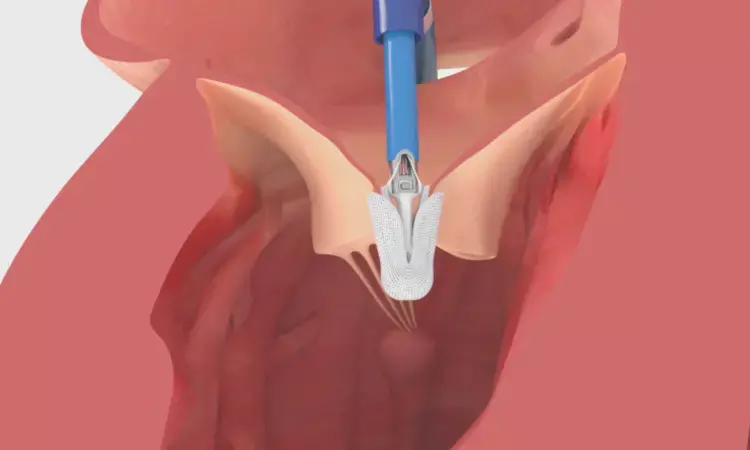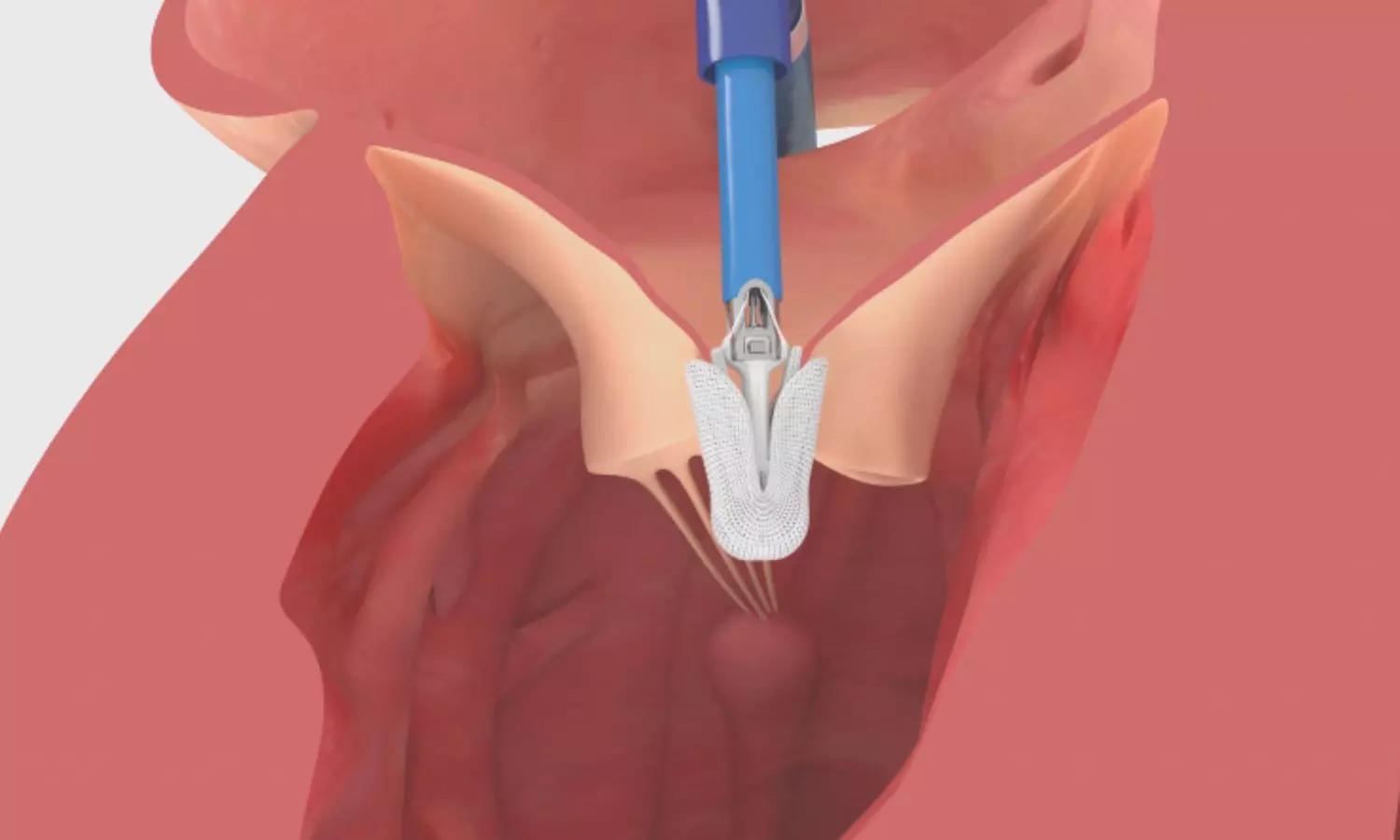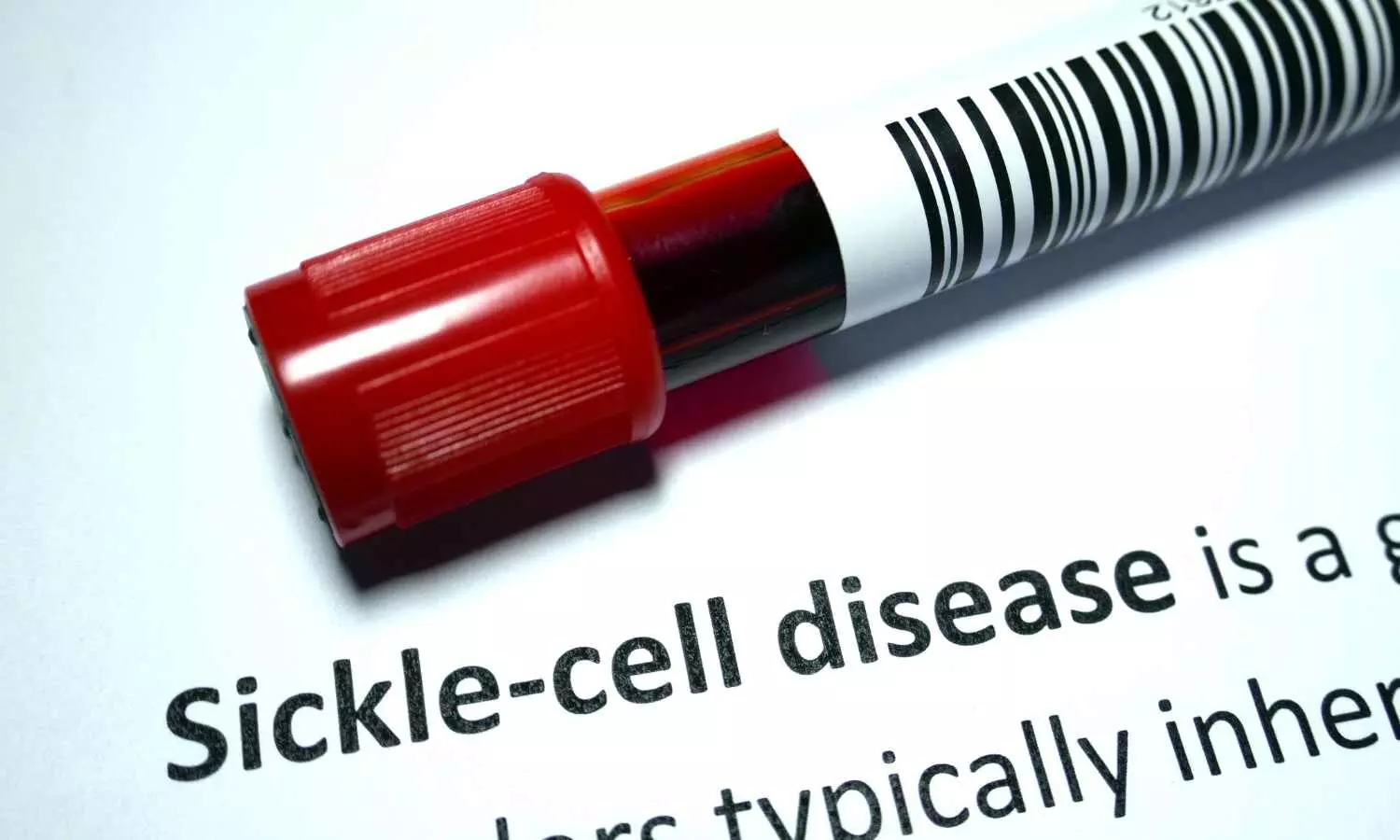- Home
- Medical news & Guidelines
- Anesthesiology
- Cardiology and CTVS
- Critical Care
- Dentistry
- Dermatology
- Diabetes and Endocrinology
- ENT
- Gastroenterology
- Medicine
- Nephrology
- Neurology
- Obstretics-Gynaecology
- Oncology
- Ophthalmology
- Orthopaedics
- Pediatrics-Neonatology
- Psychiatry
- Pulmonology
- Radiology
- Surgery
- Urology
- Laboratory Medicine
- Diet
- Nursing
- Paramedical
- Physiotherapy
- Health news
- Fact Check
- Bone Health Fact Check
- Brain Health Fact Check
- Cancer Related Fact Check
- Child Care Fact Check
- Dental and oral health fact check
- Diabetes and metabolic health fact check
- Diet and Nutrition Fact Check
- Eye and ENT Care Fact Check
- Fitness fact check
- Gut health fact check
- Heart health fact check
- Kidney health fact check
- Medical education fact check
- Men's health fact check
- Respiratory fact check
- Skin and hair care fact check
- Vaccine and Immunization fact check
- Women's health fact check
- AYUSH
- State News
- Andaman and Nicobar Islands
- Andhra Pradesh
- Arunachal Pradesh
- Assam
- Bihar
- Chandigarh
- Chattisgarh
- Dadra and Nagar Haveli
- Daman and Diu
- Delhi
- Goa
- Gujarat
- Haryana
- Himachal Pradesh
- Jammu & Kashmir
- Jharkhand
- Karnataka
- Kerala
- Ladakh
- Lakshadweep
- Madhya Pradesh
- Maharashtra
- Manipur
- Meghalaya
- Mizoram
- Nagaland
- Odisha
- Puducherry
- Punjab
- Rajasthan
- Sikkim
- Tamil Nadu
- Telangana
- Tripura
- Uttar Pradesh
- Uttrakhand
- West Bengal
- Medical Education
- Industry
Tricuspid Transcatheter Edge-to-Edge Repair Plus Optimized Medical Therapy efficacious in Severe Symptomatic Tricuspid Regurgitation: Study

A new trial found that tricuspid transcatheter edge-to-edge repair (T-TEER) and optimized medical therapy (OMT) enhanced the composite clinical outcomes at 12 months in individuals with symptomatic tricuspid regurgitation. The trial results were published in the journal JAMA Network.
Individuals with tricuspid regurgitation often experience reduced quality of life and poor survival rates due to decreased cardiac output and frequent manifestations of heart failure. Owing to the history of regurgitation, surgery is rarely performed, which leaves the option of medical management. Previous research has shown that Tricuspid transcatheter edge-to-edge repair (T-TEER) has emerged as a safe and effective therapy for reducing tricuspid regurgitation. As it has demonstrated the benefits of lowering the regurgitation rates and improving quality of life, researchers from France conducted a study to evaluate T-TEER combined with optimized medical therapy (OMT) vs OMT alone in patients with severe, symptomatic tricuspid regurgitation.
An investigator-initiated prospective, randomized clinical trial was carried out at 24 centers in France and Belgium. Patients were randomized 1:1 to receive T-TEER + OMT or OMT alone. The primary outcome was a composite clinical endpoint at 1 year comprising a change in New York Heart Association class (NYHA), change in patient global assessment (PGA), or occurrence of major cardiovascular events. Tricuspid regurgitation severity was the first of 6 secondary outcomes evaluated in a hierarchical closed-testing procedure. This included the Kansas City Cardiomyopathy Questionnaire (KCCQ) score, patient global assessment, and a composite outcome of all-cause death, tricuspid valve surgery, KCCQ score improvement, or time to hospitalization for heart failure.
Findings:
- Of 300 enrolled patients (mean age, 78 [SD, 6] years, 63.7% women), 152 were allocated to T-TEER + OMT and 148 to OMT alone.
- At 1 year, 109 patients (74.1%) in the T-TEER + OMT group had an improved composite score compared with 58 patients (40.6%) in the OMT-alone group.
- Massive or torrential tricuspid regurgitation was found in 6.8% of patients in the T-TEER + OMT group and 53.5% of those in the OMT-alone group (P < .001).
- Mean overall KCCQ summary score at 1 year was 69.9 (SD, 25.5) for the T-TEER + OMT group and 55.4 (SD, 28.8) for the OMT-alone group (P < .001).
- The win ratio for the composite secondary outcome was 2.06 (95% CI, 1.38-3.08) (P < .001).
Thus, the study concluded that the combination of T-TEER + OMT enhanced composite clinical outcomes like the NYHA class, PGA, and major cardiovascular events in 1 year. This has significantly reduced tricuspid regurgitation and hence can be used as an effective intervention option for treating it.
Further reading: Donal E, Dreyfus J, Leurent G, et al. Transcatheter Edge-to-Edge Repair for Severe Isolated Tricuspid Regurgitation: The Tri.Fr Randomized Clinical Trial. JAMA. Published online November 27, 2024. doi:10.1001/jama.2024.21189.
BDS, MDS
Dr.Niharika Harsha B (BDS,MDS) completed her BDS from Govt Dental College, Hyderabad and MDS from Dr.NTR University of health sciences(Now Kaloji Rao University). She has 4 years of private dental practice and worked for 2 years as Consultant Oral Radiologist at a Dental Imaging Centre in Hyderabad. She worked as Research Assistant and scientific writer in the development of Oral Anti cancer screening device with her seniors. She has a deep intriguing wish in writing highly engaging, captivating and informative medical content for a wider audience. She can be contacted at editorial@medicaldialogues.in.
Dr Kamal Kant Kohli-MBBS, DTCD- a chest specialist with more than 30 years of practice and a flair for writing clinical articles, Dr Kamal Kant Kohli joined Medical Dialogues as a Chief Editor of Medical News. Besides writing articles, as an editor, he proofreads and verifies all the medical content published on Medical Dialogues including those coming from journals, studies,medical conferences,guidelines etc. Email: drkohli@medicaldialogues.in. Contact no. 011-43720751




